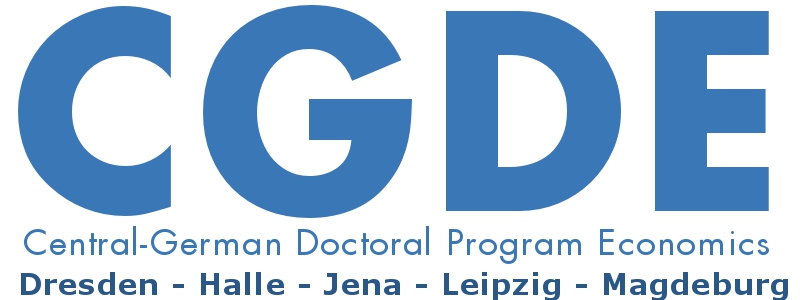Issues in Public Economics
Lecturer: Professor Dr Marko Köthenbürger (ETH Zürich, Department of Management, Technology and Economics, KOF Swiss Economic Institute)
Date: June 30, 2016 – July 1, 2016
Venue: Technische Universität (TU) Dresden, Faculty of Business and Economics
Registration: until June 3, 2016 via e-mail: yvonne.bludau@tu-dresden.de
Announcement see pdf
Goal
The 2‐day course gives an overview of two core issues in public economics: fiscal federalism and the taxation of commodities and corporations. In particular, in the first part we will discuss justifications for interregional transfers, their consequences for the economy and the political economy of their design. We will proceed by analyzing the role interjurisdictional competition for the efficiency of local public finance. The second part turns to the welfare costs of taxation. We will look at whether taxing corporate income (via corporate and dividend taxation) impairs or improves efficiency and how frictions within the firm (corporate agency problems) influence the welfare costs of taxation. Finally, we address the issue of how commodity taxation in the digital economy might differ from taxing ‘traditional’ goods. At various points, we cross over the two general topics by combining insights from corporate taxation with the role of multinational firms in fiscal competition, for instance.
Prerequisites
The course builds on a solid understanding of microeconomic and econometric tools. An understanding of microeconomics/econometrics based on Mas Colell/Whinston/Green, Microeconomic Theory, 1995, and Angrist/Pischke, Mostly Harmless Econometrics: An Empiricist’s Companion, 2009, is fine.
Schedule
30 June – 1 July 2016 (on both days from 9:00 – 17:00, Room: Georg-Schumann-Bau, SCH B 37)
Course requirements: Further details will be provided during the course.
Structure
1 Intro: issues and motivation
2 Fiscal federalism
2.1 Interregional transfers: design, political economy and economic effects
2.2 Tax/expenditure competition: government behavior, firm structure and policy remedies
3 Welfare costs of taxation
3.1 Taxing corporate income (when firms work imperfectly)
3.2 How to tax digital goods?
4 Summary and conclusion
References: A detailed list of papers will follow soon.























